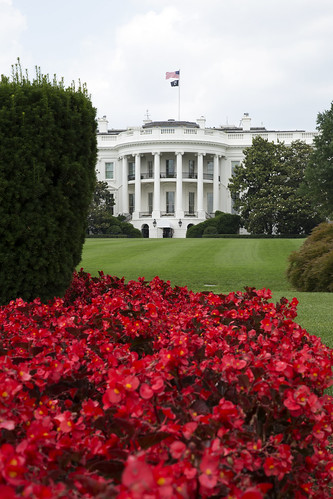Finally, Texans are seeing the sun. That said, we have already witnessed many moments of light in Houston. Joe Fryer, our friend and an NBC News correspondent, said it best:
“A week after the eclipse drew our eyes to the sky, Texas is looking up again, this time to the emerging sun. For all the suffering, there are images of hope, heroism and healing in a bitterly torn country. Perhaps Harvey has swept away some of things that divide us. Maybe this week it’s the darkness that’s eclipsed by the sun.”
Eclipsing that darkness have been the thousands of Americans volunteering to help. But what sort of help, or protections, do these volunteers get from their employers?
In Minnesota’s private sector, disaster-relief volunteers don’t have many assurances that their jobs will remain when they return to work. A few states do have special laws on the books for trained volunteers. New Jersey law, for example, states “no employer shall terminate, dismiss or suspend an employee who fails to report for work at this place of employment because he is serving as a volunteer emergency responder during a state of emergency declared by” the president or governor.
In Minnesota, protections for disaster-relief volunteers are mostly reserved for public employees. State employees who are certified by the American Red Cross can volunteer for 15 days each year, and still receive their entire paychecks while helping, if their state employer grants the leave. In Hennepin County, trained county employees can volunteer for up to 15 days each year, and receive half of their paychecks while doing so. (Always check with your supervisor before leaving to volunteer.)
Additionally, a federal law, called the Uniformed Services Employment and Reemployment Rights Act (USERRA), protects Americans serving in the military, including the National Guard. USERRA requires employers to ensure members of the uniformed services return to the jobs and benefits they had before getting deployed. In other words, the tens of thousands of National Guard members getting deployed to Texas cannot be discriminated against because of their service.
Now, the law is one thing. Doing the right thing is another. We’re heartened to see businesses donating tens of millions of dollars to Hurricane Harvey relief efforts. Businesses can also help by changing their employment policies to protect employees who volunteer for disaster relief—at least making it clear the employees can return to their jobs and seniority status.
Minnesota is home to some of the most generous companies in the world, and we suspect many are willing to discuss volunteer possibilities with trained employees. Perhaps Minnesota law should reflect this generosity.



